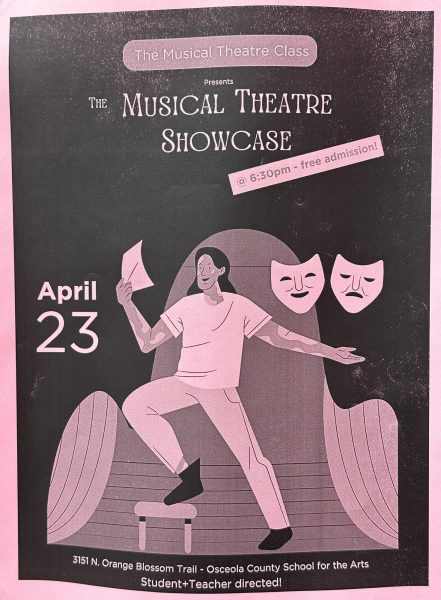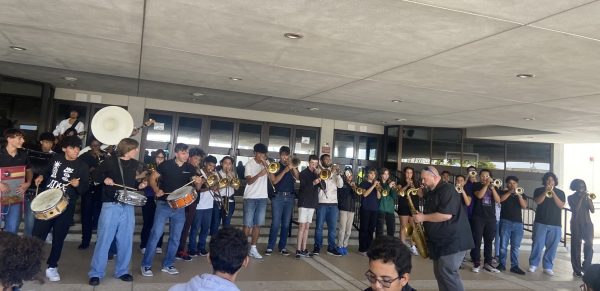Lamar Johnson Set Free After 28 Years
After 28 years, Lamar Johnson has been set free after a wrongful conviction.
February 20, 2023
A 50-year-old man named Lamar Johnson from Missouri had been actively serving a life sentence for nearly three decades. Tuesday, February 14th, he was set free from his murder conviction after a judge ruled that he is innocent. He had challenged the fact that the murder wasn’t valid, yet his pleas were written as invalid.
According to Judge David Mason, “This combined testimony amounts to clear and convincing evidence that Lamar Johnson is innocent and did not commit the murder of Marcus Boyd either individually or acting with another.”
He was originally convinced of the October 1994 killing of Marcus Boyd. Boyd was shot to death on his front porch by two masked men, one which was determined to be Lamar Johnson. The witness of the crime was allegedly pressured to falsely identify Johnson as the gunman, even with his solid alibi as well as not being present when the crime had occurred.
Evidence concluding Johnson’s innocence was presented at the trial, as said previously by his lawyers, “The evidence that proved his innocence was available at his trial, but it was kept hidden or ignored by those who saw no value in the lives of two young black men from the South Side.” The jury was unaware that the witnesses against Johnson were paid for their testimonies and had previously lied under oath.
Though Johnson was wrongfully imprisoned for 28 years, no compensation will be included for him. According to Missouri laws, it isn’t provided for individuals that are wrongfully convicted, unless the person is requesting DNA testing. That DNA testing eventually leads to evidence that proves their innocence, yet Johnson hadn’t sent in any kind of appeal for it.
Johnson’s trial marks a turning point for the justice system itself. Many unfair convictions are likely to be caused by witness error. Both wrong identifications and being given compensation to lie under oath are both reasons in why these issues arise. Yet even the chance to revisit this evidence and looking back on the case has proven that chances within ‘finished’ trials can still be accepted and seen.











